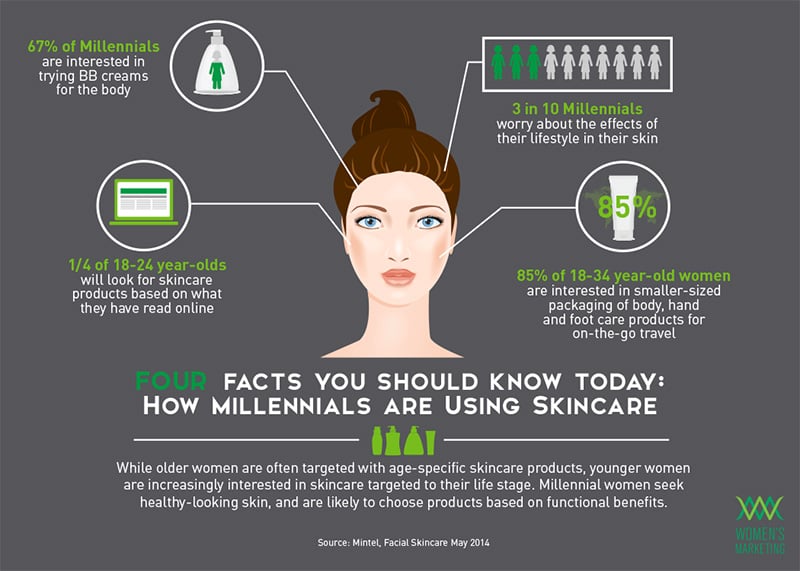What Does Real Skin Care Mean?
About Real Skin Care
Table of ContentsReal Skin Care Fundamentals ExplainedHow Real Skin Care can Save You Time, Stress, and Money.Real Skin Care for DummiesReal Skin Care for Dummies
Oily and acne-prone skin kinds might desire printer toners with astringent buildings. Saturate a cotton pad or round with printer toner. Carefully pat the item onto your face.Using place treatments straight to fresh, prepped skin maximizes the energetic components that penetrate it. These components help target details worries effectively.

Make use of these products as needed, but follow the guidelines for application. Avoid using serums or other therapies to areas with spot treatments. Apply a product directly to your skin's surface area after a cleanser or toner. Lotions are a generic term for skincare items with a high focus of energetic components.
Gently rub the item in a light tapping motion into your face and neck. The order of energetic ingredients matters if you utilize numerous serums or treatments.
5 Easy Facts About Real Skin Care Described
They are usually thicker and a lot more occlusive. These vitamin A by-products have benefits for anti-aging and lowering acne - organic hand soap. They help speed up cell turnover, rise collagen, and boost skin appearance.
You do not require an eye cream (https://www.intensedebate.com/people/realskincare1), however it can include more wetness to the delicate skin of your under eyes. This location of skin is vulnerable to creases and sun damage. Apply eye cream after any treatments to aid your skin absorb it. Eye creams frequently have a thick texture.
Utilize your ring finger and gently dab eye cream to your under eyes after you apply product or retinol. Handle this fragile skin with treatment, and do not pull or scrub it.
Use it to your under eyes if you did not utilize an eye cream. "This is since face oils are normally thicker and heavier than moisturizers and can produce an obstacle that prevents the cream from totally passing through the skin," stated Goldman.
The Main Principles Of Real Skin Care

When it comes to skin care, there are a lot of different items on the market. If you're looking for skincare that obtains outcomes, our Board Qualified Dermatologists suggest medical-grade items that can pass through the skin's deep layer.

Non-prescription skin care items are those that are available without a prescription from a medical professional or skin doctor. They are not subject to FDA assessment via controlled and double-blind tests. These items can be acquired at the majority of medicine and food store and consist of cleansers, toners, creams, and sun blocks (natural toothpaste). While these products may not be as powerful as prescription drugs, they can still be effective in dealing with numerous skin disease.
Real Skin Care Things To Know Before You Get This
This experimentation can be expensive, cause irritation, and delay treatment of skin disease. Medical-grade skincare items are made with high-quality ingredients. They can aid enhance your skin's appearance by treating conditions such as acne, rosacea, and eczema. The energetic ingredients in medical-grade products are often much more powerful and consist of greater levels of useful ingredients like peptides, antioxidants, and retinol.
Our dermatologists can recommend a product especially for your skin disease, which minimizes your demand to trying out over the counter products. Medical-grade items supply our individuals superb worth. They decrease the need to try various over the counter products before finding the appropriate one, which reduces expenses in the lengthy run and means you can start getting the therapy you require quicker.
Since medical-grade items are reliable, potent, and backed by science, they are affordable contrasted to over-the-counter choices. If you're miserable with the outcomes you're getting from over the counter skin care items, think about switching over to a medical-grade product. Medical-grade skin care items are available from numerous resources, including skin specialists, cosmetic surgeons, and various other clinical specialists.